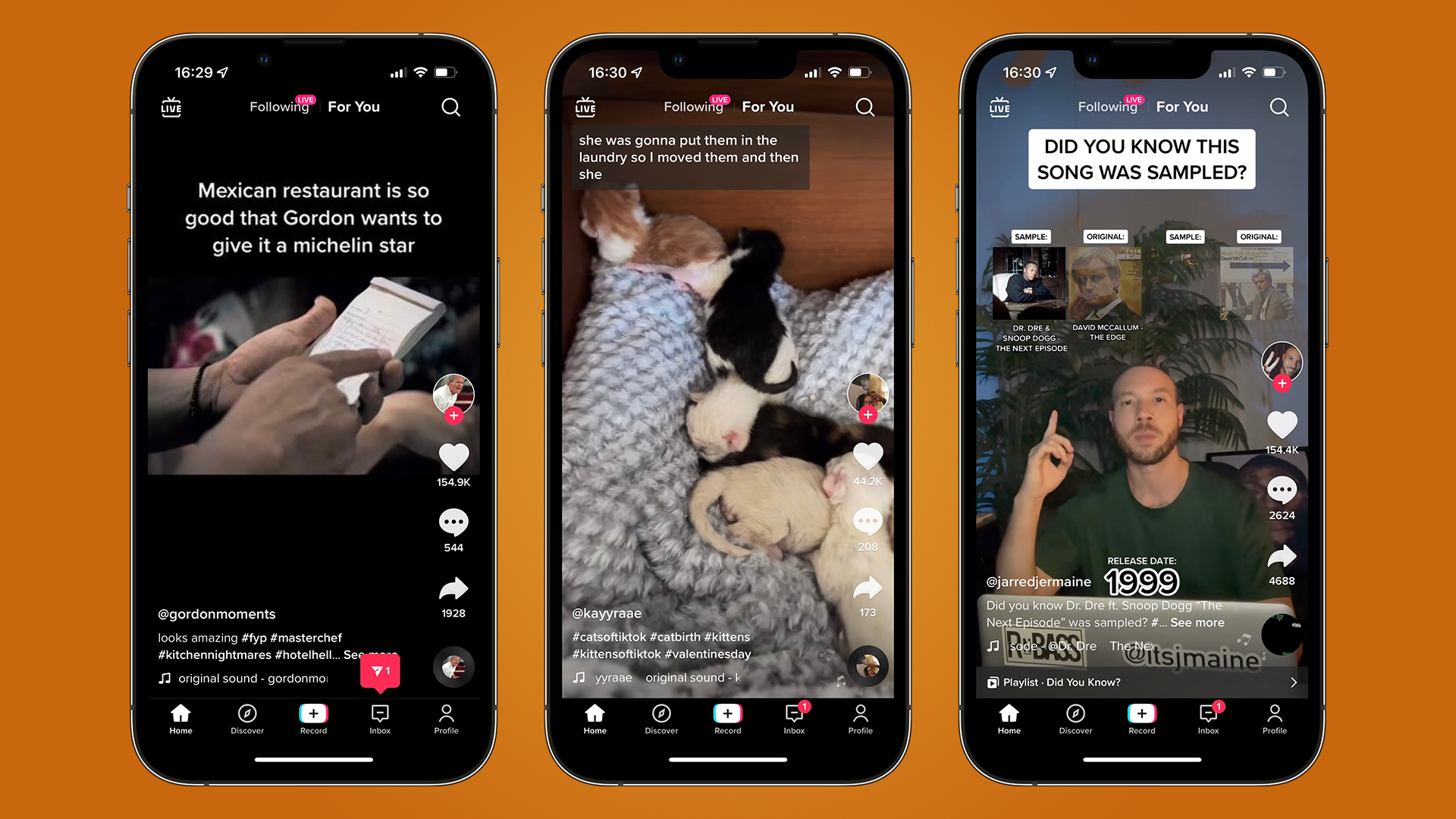TikTok: The Banned App?
Introduction
TikTok, the popular Chinese-owned short-form video-sharing platform, has been embroiled in controversy and regulatory scrutiny for several years. Concerns over data privacy, national security, and content moderation have raised questions about the app's future in various countries, including the United States.
This critical analysis examines the complexities surrounding TikTok's potential ban and explores the diverse perspectives, data points, and real-life examples that contribute to this ongoing debate.
Data Privacy Concerns
One of the primary concerns surrounding TikTok is the handling of user data. Critics argue that TikTok collects vast amounts of information about its users, including their location, browsing history, and personal preferences. This data could potentially be used for targeted advertising or even surveillance.
TikTok has denied these allegations, stating that it complies with all applicable data protection laws. The company also claims that user data is stored on servers in the United States and Singapore, and not shared with the Chinese government.
National Security Implications
Another concern is that TikTok poses a national security risk. The app is owned by the Chinese company ByteDance, which is subject to Chinese law. This has raised concerns that the Chinese government could potentially access user data or use the platform to spread propaganda.
TikTok has repeatedly stated that it would not share user data with the Chinese government even if requested. However, some experts argue that the Chinese government could use other means to obtain data from the app, such as through hacking or backdoors.
Content Moderation Issues
TikTok has also faced criticism for its content moderation practices. The platform has been accused of allowing harmful content, such as misinformation, hate speech, and child sexual abuse material. Critics argue that TikTok's algorithms are not effective at identifying and removing this content.
TikTok has taken steps to improve its content moderation, including hiring more moderators and developing new algorithms. However, some experts argue that these efforts are not sufficient and that the platform still needs to do more to address harmful content.
Different Perspectives
The debate over TikTok's potential ban has generated diverse perspectives. Some argue that the app poses a clear and present danger to national security and user privacy and should be banned.
Others believe that the concerns are overblown and that TikTok is no more harmful than other social media platforms. They argue that a ban would be an infringement on freedom of expression and would harm users who rely on the app for entertainment and connection.
Governments and policymakers are also grappling with this issue. The US government has been considering a ban on TikTok for several years, but no concrete action has been taken.
Conclusion
The potential ban of TikTok is a complex and multifaceted issue that involves data privacy, national security, and content moderation concerns. Different perspectives exist on the matter, and governments and policymakers are still grappling with the best course of action.
Ultimately, the decision of whether or not to ban TikTok will depend on a careful weighting of the risks and benefits. If concerns about data privacy and national security are deemed to outweigh the value of the platform, then a ban may be necessary.
However, it is important to note that a ban would have significant consequences for the millions of users who rely on TikTok for entertainment, connection, and creative expression. It would also send a message that the United States is willing to limit access to popular apps based on their country of origin.
Read also:
Ferrell On Walken's "All Fired Up" Energy Elevating SNL's "More Cowbell" Sketch
TikTok's Fate On Your Phone: Implications Of An App Ban
Puck Drops: Ovechkin's Triumphant Return Ignites Capitals-Maple Leafs Rivalry
